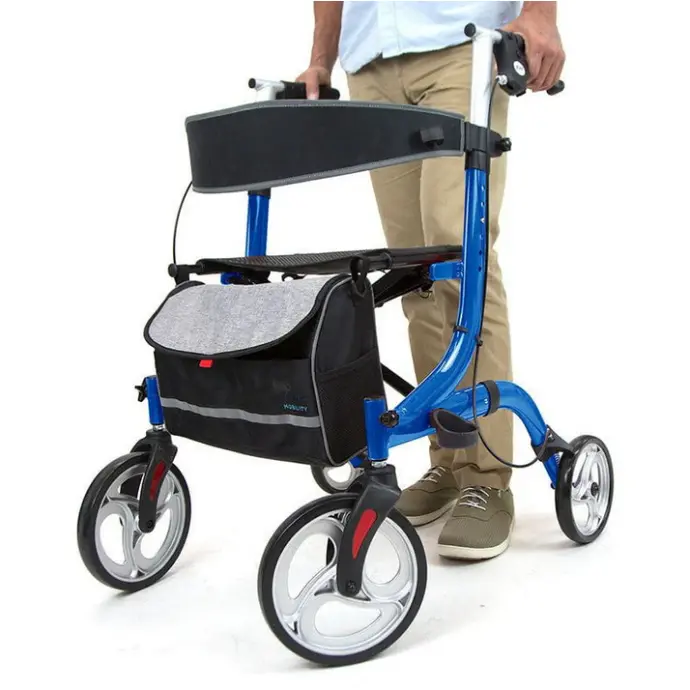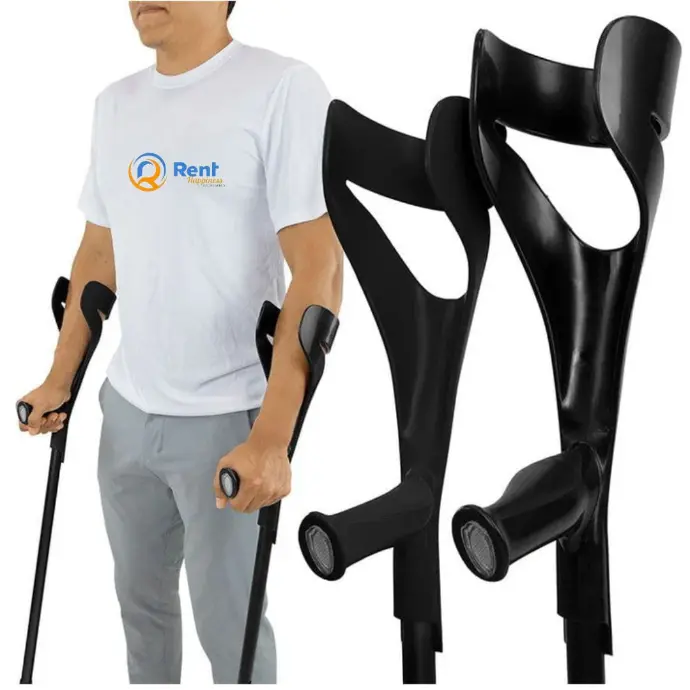
Engaging in regular exercise is essential for seniors to maintain joint health, overall mobility, and physical independence. However, it’s crucial to consider joint-friendly exercises that reduce the risk of injury and minimize stress on the joints. Here are some tips for seniors to keep their joints healthy while exercising:
- Consult with a healthcare professional: Before starting any exercise program, it’s essential to consult with your doctor or a qualified healthcare professional, especially if you have any pre-existing health conditions or concerns about your joints.
- Low-impact exercises: Opt for low-impact exercises that are gentle on the joints. These activities help reduce the risk of injury and joint pain. Examples of low-impact exercises include walking, swimming, water aerobics, stationary cycling, and using an elliptical machine.
- Warm-up and cool-down: Always warm up before exercising to increase blood flow to your muscles and prepare your joints for movement. Similarly, cool down after your workout to gradually reduce your heart rate and relax your muscles.
- Strength training: Incorporate strength training exercises into your routine to help build and maintain muscle mass, which supports joint function. Use light weights or resistance bands and perform exercises targeting major muscle groups.
- Stretching exercises: Include regular stretching exercises to improve flexibility and reduce joint stiffness. Gentle yoga or tai chi can be beneficial for enhancing flexibility and balance.
- Balance exercises: Improving balance can help prevent falls, which can be especially important for seniors. Consider exercises like standing on one foot, heel-to-toe walks, or balance-specific classes.
- Avoid overdoing it: Listen to your body and avoid overexertion. Start slowly and gradually increase the intensity and duration of your workouts. If you experience pain or discomfort, stop exercising and seek guidance from a healthcare professional.
- Modify exercises if needed: If you have joint issues or limited mobility, modify exercises to suit your abilities. For instance, use a chair for support during strength exercises or choose seated versions of certain workouts.
- Stay hydrated: Proper hydration is essential for joint health and overall well-being. Drink water before, during, and after your exercise sessions.
- Rest and recovery: Allow your body enough time to rest and recover between workouts. Rest helps prevent overuse injuries and allows your joints to recover.
- Avoid high-impact activities: High-impact exercises like running, jumping, or intense aerobics can put excessive strain on the joints. It’s best to avoid these if you have joint concerns.

Remember that everyone’s body is different, and what works for one person may not be suitable for another. Be patient with yourself, and if you’re unsure about how to start, consider working with a fitness professional experienced in working with seniors. They can design a personalized exercise plan that takes your joint health and fitness goals into account.

